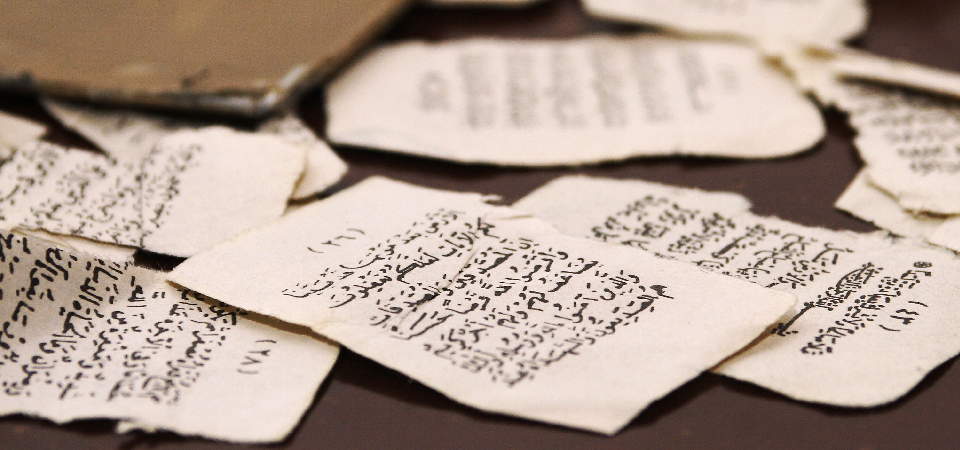This series of articles describes the basic tenets of Islam, and then will compare it to Christianity.
Muslims believe that one day Muhammad was visited by an angel who commanded him, “Proclaim!” Muhammad told the angel that he was not a proclaimer and hurried home, believing that he was either called to be a prophet or was turning mad. He began teaching this radical commitment to one God and developing a teaching about life. After three years, Muhammad had 40 followers, although most people were quite hostile to his message. After a decade, however, he had several hundred followers. In the year 622, Muhammad fled from Mecca to Medina. There his message was accepted and he became an administrator, a master politician, a magistrate and a statesman. This is very important in understanding Islam. Muhammad was at once a religious, military and political leader, and ever since, followers of Islam have held to a belief system that is both political and religious.
Islam is generally a religion of preaching and proclamation about the right kind of life to live, not of miracles. But there is one miracle Muslims believe in: the transmission of the Koran. The Koran is the holy book of Islam. It is four-fifths the length of the New Testament. Muslims regard the Koran as the literal word of Allah revealed to Muhammad, who wrote down what was given to him over a span of 23 years.
Muslims believe that this revelation is the last and highest revelation of God, following the Old Testament (which centers on the stories of Abraham and Moses), and the gospel of Jesus. Muslims view Jews, Christians and themselves as People of the Book. Unlike the Old Testament and the New Testament, however, the Koran is written as direct speech of God, speaking in the first person. It is seen to be a heavenly word uncorrupted. Non-Muslims find the Koran difficult to read for its density of doctrinal words.
Go to Part 1 Part 2 Part 3 Part 4 Part 5 Part 6
[sign up for the weekly newsletter, The Brook Letter to stay up to date]
